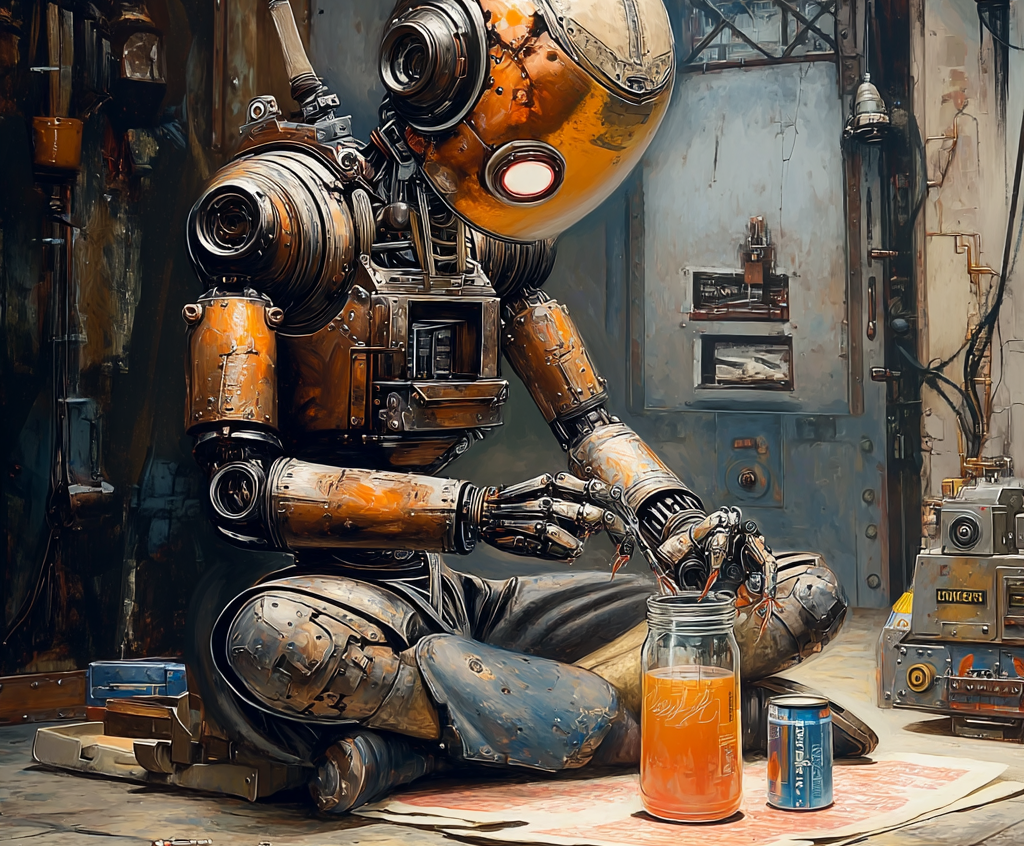Sunday Links: ChatGPT Chats in Search, Vibe Coding, and AI Tool Using
A huge week for releases and advances. Google and Github both release vibe coding tools. Anthropic integrates with Canva and Figma.

Happy Sunday and here are this week's AI links + a whole raft of bonus links at the end (this week saw releases galore!):
- Your public ChatGPT queries are getting indexed by Google and other search engines. This week's AI panic leading to a river of clickbait LinkedIn and Twitter threads... in fact, this would only happen if a user clicked the "share" button and opted to allow indexing, OR did not opt in and shared the link in a public way. Unfortunately, too many people did not think through the consequences of sharing, leading to consternation and angst, so OpenAI has now paused the sharing to public feature. That's probably the right thing to do while thinking through the UI. However, I think there's an important long-term issue to think through here: a large percentage of web Q&A used to be on the open, public, indexable web on sites like Reddit, Quora, Stackoverflow, and elsewhere. Now, much of this interaction takes place in the "dark" web of AI conversations, most of which will never be public. As the biggest player, OpenAI probably doesn't much mind if much of that content is never indexed since it gets to uniquely keep it all.
- New AI architecture delivers 100x faster reasoning than LLMs with just 1,000 training examples. The Singaporean company Sapient has published an interesting paper that enables LLM learning at two different levels of abstraction. I definitely believe the models that function at different levels of abstraction are going to be key to long-term AI success. I'm likely influenced by my own past work (my master's thesis was Hierarchical Task Network planning applied to Go, my Phd was self-adaptive agent hierarchies for network planning). Despite the bias, I'm pretty sure that hierarchical concepts and abstractions will be key. This is what humans do so well -> abstract, refactor, and then make concrete again. Maybe the exact approach in the paper won't be the big leap, but I predict some new acronyms you'll hear soon: "AHRM -> Adaptive Hierarchical Reasoning Model" and "AAHRM -> Auto Adaptive Hierarchical Reasoning Model" because you want the hierarchy levels to float free.
- Working with AI: Measuring the Occupational Implications of Generative AI. (Preprint PDF available here.) I found this via Ethan Mollick. The Microsoft team behind this study looked at 200k transcripts of interactions with Microsoft Co-Pilot and matched them to lists of US occupations. The results aren't that surprising, but it's interesting to see the classifications that created that drive impact (e.g. roles that rely on information retrieval and synthesis to moving heavy objects, or operating very specific types of machinery). Sadly, translation and translators are right at the top of the list for impact, whereas naval operators are right at the bottom. Using Microsoft Copilot data likely isn't the most accurate read on the situation since it doesn't account for the fact that there is also a rapid rise in robotics, let alone that ChatGPT probably has a more diverse user base.
- Anthropic’s Claude chatbot can now make and edit your Canva designs. Using a new set of integrations via MCP Claude can now control and upload designs to Canva (as well as Figma and Notion). This might not seem that groundbreaking but it is really another head-spinning inversion on the AI paradigm. Until now sophisticated SaaS companies have been embedding AI inside their own tools or been built by adding layers on top of models (e.g. Cursor). What we're seeing here is AI simply using these tools from the outside similar to the way a human would. Currently this still requires the SaaS companies in question to support MCP, but at some point even that might not be necessary. The question will be how this affects SaaS business models. If AI becomes the default interface to everything a lot of layers of value will get re-assigned.
- Inside Unilever’s AI beauty marketing assembly line — and its implications for agencies. Not unrelated... (via Benedict Evans)... the article covers how Unilever has retooled it's internal brand marketing pipelines to focus on in house teams using generative AI at scale. Now generating 15-20x the number of pieces of creative compared to before and decreasing the turn-around time. This doesn't bode well for the many agencies large CPG companies rely on. Those agencies will also have to retool and maybe even plug into large company workflows.
A few additional items this week that didn't make it into the main five: Anthropic released a free set of AI courses, Google released an open source python library for LLM based structured text extraction, Github added free AI Inference to Github accounts (with rate limits but great to see).
In even more other news, Google and Microsoft both just released vibe coding app builder tools (Opal and Github Spark respectively). Both are previews to some extent. Will these "kill" Lovable, Replit, Bolt.new etc. I doubt it, it seems to me that the vibe coding horse has bolted and those new brands are already being built. Opal and Github Spark might get traction, but they likely wont stop this generation of startups which will have a lot more focus.